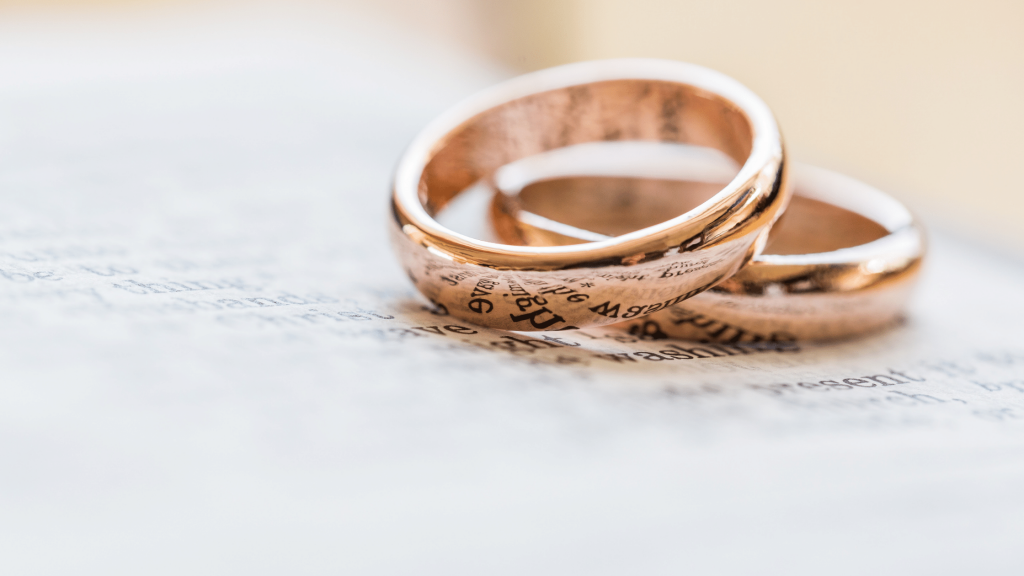Getting married is a big milestone, and one of the most memorable days of your life. You like to make sure everything is perfect, from the outfits to the cake at the venue but, what about the legal aspects?
You can get caught up in the romance, and then the legal sides of marriage are easily forgotten.
There are some important legal aspects you should take note of:
Your children
If you have children from a previous marriage or relationship, you need to decide on whether you are going to change their legal guardianship once you have gotten married. To change the name of a child under 16 years of age in Northern Ireland, consent must be given by all those with parental responsibility, including the child’s other biological parent. Only somebody who has parental responsibility for a child can change their name by Deed Poll. If the child is over 16 years of age, they apply for their Adult Deed Poll.
Money/property
Money can be a bit of a taboo subject, but it’s extremely important. For convenience, a lot of couples tend to have a joint bank. This could have consequences if the marriage dissolved as both parties legally have equal rights to the contents, and both may want to access the contents. This could cause a lot of problems if each party believes they are owed more depending on the circumstances.
It is crucial when talking about marriage with your partner that you have an agreement in place with regards to your money situation, property ownership, and anything else of any value.
Prenuptial agreements
Most couples who marry tend to share their finances, but keeping it separate or having a prenuptial agreement in place could work out for better should a divorce ever happen.
Historically, in Northern Ireland, pre-nuptial agreements have not been enforceable on because they were contrary to public policymaking them void, but over the years there has been a shift in the approach of the courts. If contemplating entering into such an agreement, you should bear in mind the limitations of doing so.
If you decide to proceed with a prenuptial agreement or challenge one, it is highly advisable to take separate and independent legal advice.
Changing your name
Since it is traditional, a woman changing her surname to match that of her husband does not need to be changed by deed poll, though you will have to check with certain organisations, for example, banks or the DVLA NI, on what they require for the name to become official.
You can record a change of name with the General Register Office for Northern Ireland (GRONI).
Pension
There are a few benefits to thinking about your pension with your wedding. Once married, you get new rights with your state pension and can legally change the nominated beneficiary to your partner on your private pension.
Your will
Again, this might sound quite unromantic, but is something that you need to factor in when you get married. It often makes sense for newlyweds to have something legally binding in place to cover their spouse for the future. Married couples or civil partners may leave everything to one partner and be exempt from inheritance tax, but this needs to be stipulated to avoid contesting the will.
If you would like to receive advice related to the legalities surrounding marriage in Northern Ireland, please contact H McPartland & Sons today.
Related Blog:

